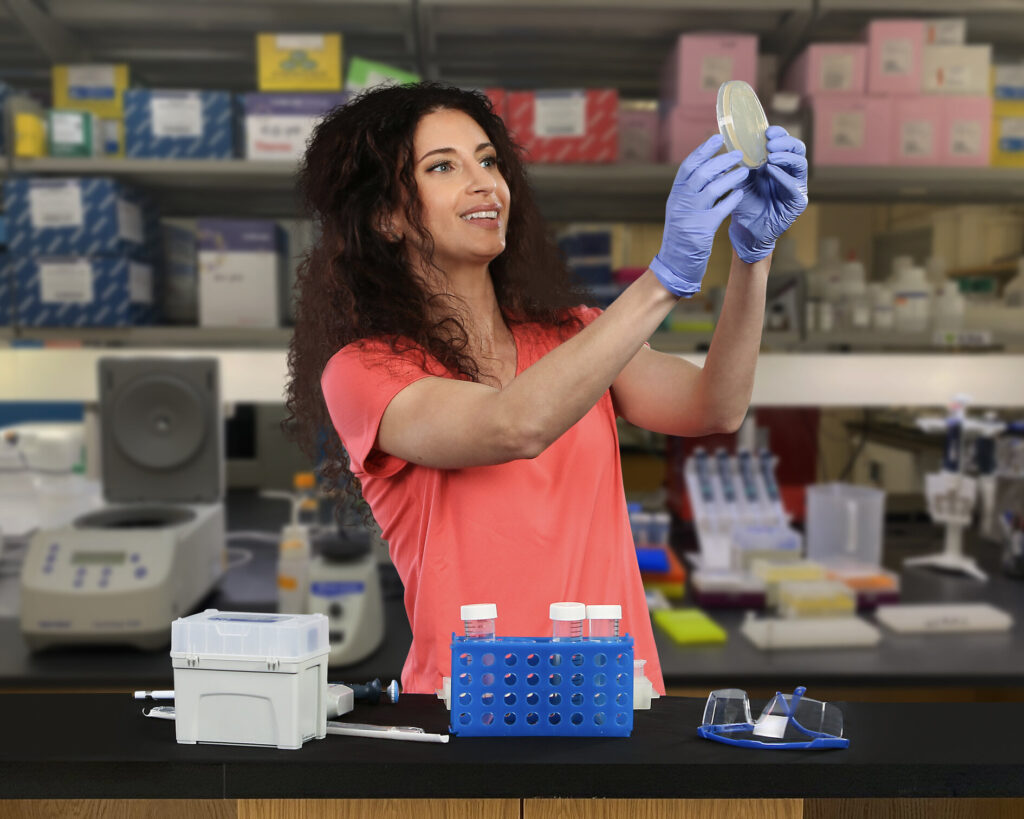
Scientists have rich life experiences influencing their research and character. We are human beings after all! By going beyond the CV and sharing the influences that shaped my science journey I aspire to illustrate my scientific and personal values. I am deeply committed to serving the community through creative research, public outreach, and mentoring the next generation of scientists.
Origin Story
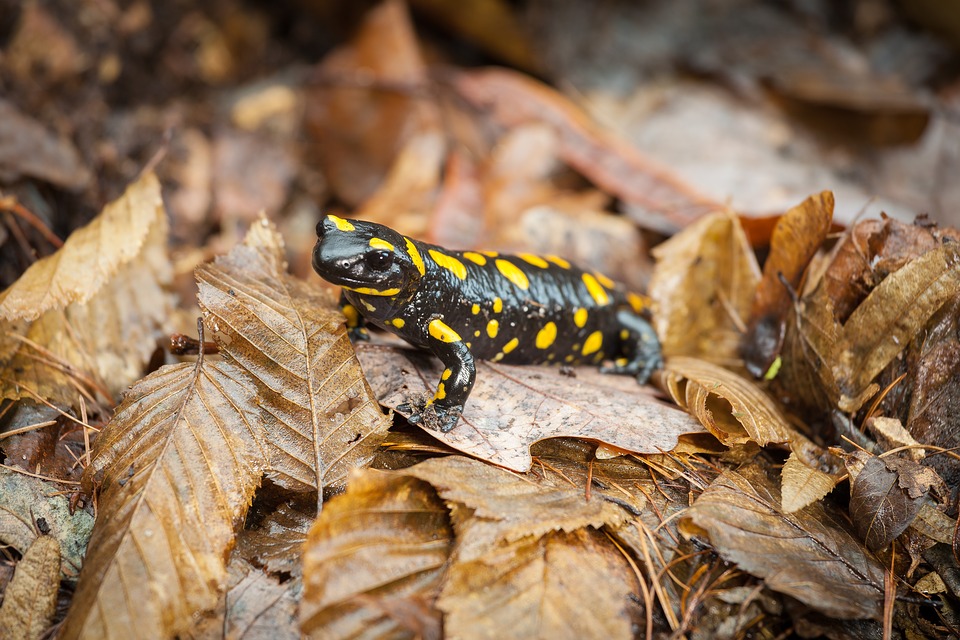
My somewhat piecemeal childhood science experiences fostered my resilience as a researcher. Growing up in the white mountains of New Hampshire and rolling hills of central Pennsylvania biology was a lifestyle not a class. I spent every free minute exploring the woods and streams, deeply connecting with my local ecosystem. I can still smell seasonal differences in the northeastern forest’s petrichor.
One of my high school teachers was a citizen scientist for the Pennsylvania Game Commission. I monitored the diet of wild turkey’s by dissecting their crops, classified parasites in black bear fur with a microscope, and extensively surveyed salamander populations across the Appalachians. Instead of taking AP classes, I read popular science books voraciously, made study skins, pinned insects, and pressed plants like the naturalists of Darwin’s era.
Without access to rigorous formal science education, I created my own opportunities. Additionally, I took a cross-country geology course where I spent the summer camping at almost a dozen national parks, gaining practical field experience and literal grit. The following summer, I was selected for the Pennsylvania Governor’s School for Health Care; during this fully funded program I focused on infectious diseases and for the first time I saw a glimmer of hope that just maybe someone like me could become a scientist.
Chatham University
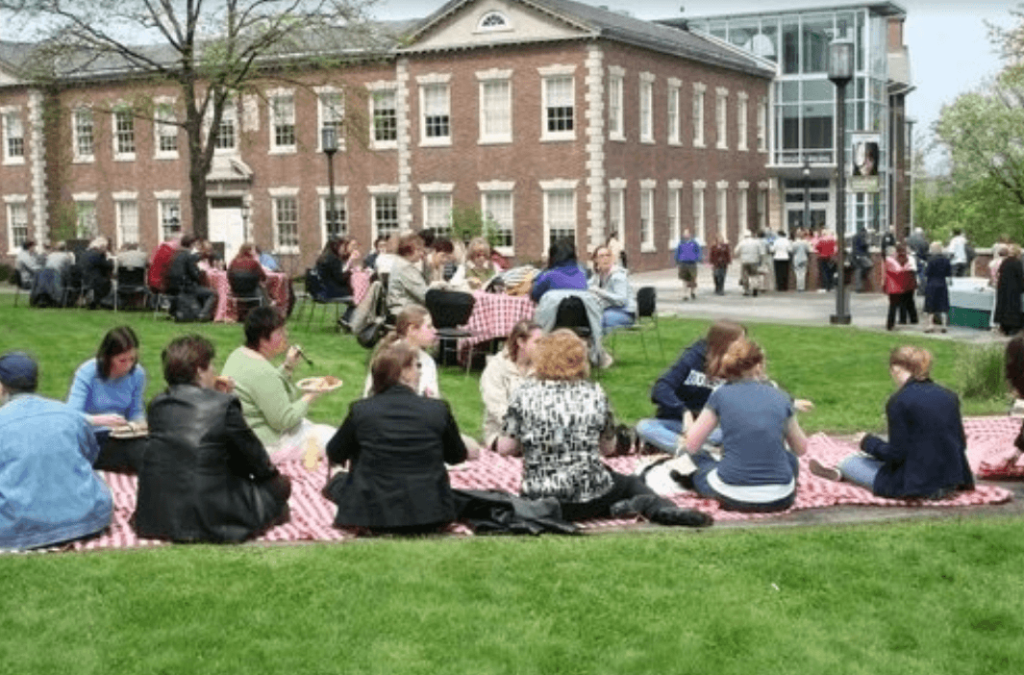
As an undergraduate attending Chatham University, a women’s liberal arts college in Pittsburgh, PA; I gained an appreciation for activism, leadership, and public health. I only applied to women’s institutions because I wanted to be a scientist first and foremost, not a woman in science fighting for recognition.
Being surrounded by so many brilliant passionate women at Rachel Carson’s alma mater inspired me to assume leadership roles in student organizations including Green Horizons, Beta Beta Beta, Chemistry Club, and Golden Key. Going from a background character in High School, to getting written-in as a student government class representative radically changed how I viewed myself.
Chatham was also my first experience with public outreach as a peer health educator. Rolling a condom all the way up to my thigh and hopping around to get a laugh helped me broach some pretty serious topics. Academically, I fell in love with the systemic complexities of ecology and molecular biology. My summer research fellowships on plum pox virus, adenovirus vaccine vectors, and Legionella were a total blast – I had to find my place in research.
Duke University - Grad School Round 1
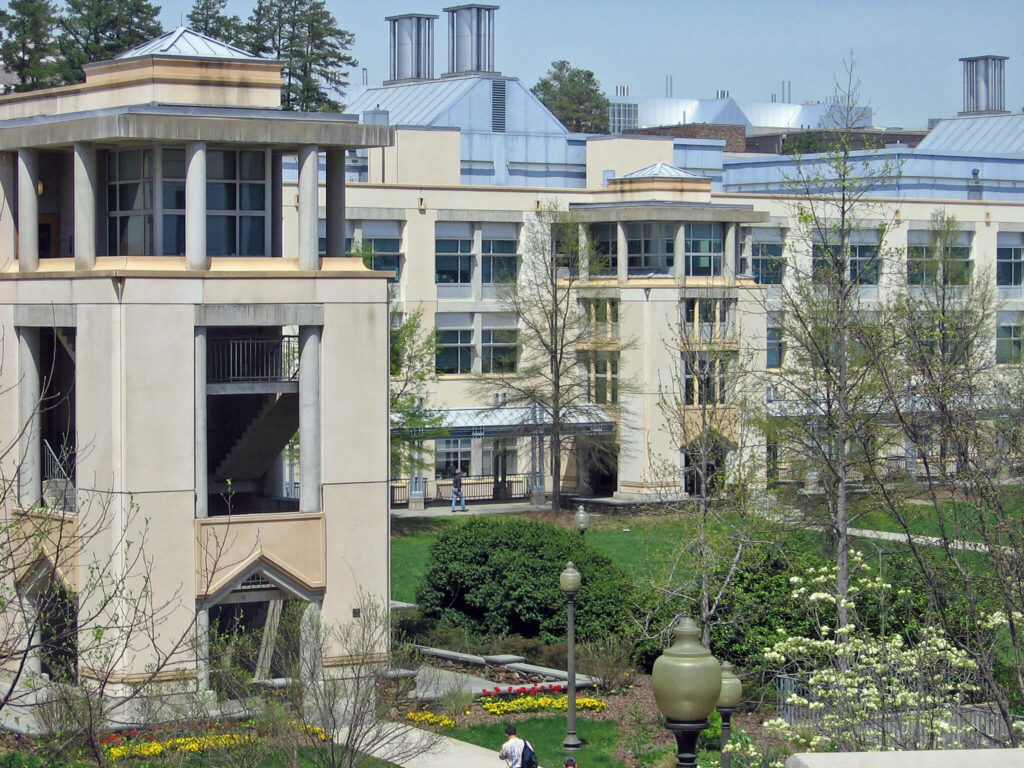
I attended Duke University for a master’s program in Environmental Health and Toxicology combining my fervor for environmental justice and molecular biology. Both in my studies and activism I focused on interventions for the most vulnerable members of society. With the Children’s Environmental Health Initiative (CEHI) I organized surveys and awareness events with the Sisters Network (a breast cancer organization for African American Women) and distributed backpacks filled with books to local Head Start programs.
As the treasurer of Duke’s Sigma-Xi chapter, I had the opportunity to meet graduate students in many different fields and gain insight into their work. Furthermore, as a volunteer consultant with the Duke Environmental Law and Policy Clinic, I designed a fish toxin survey for the Yadkin River accounting for families that rely on local fish for their diet and therefore experience significantly higher pollutant burdens than the general population. My experience with the Law and Policy Clinic propelled me into my first professional position as an environmental consultant.
And Now for Something Completely Different
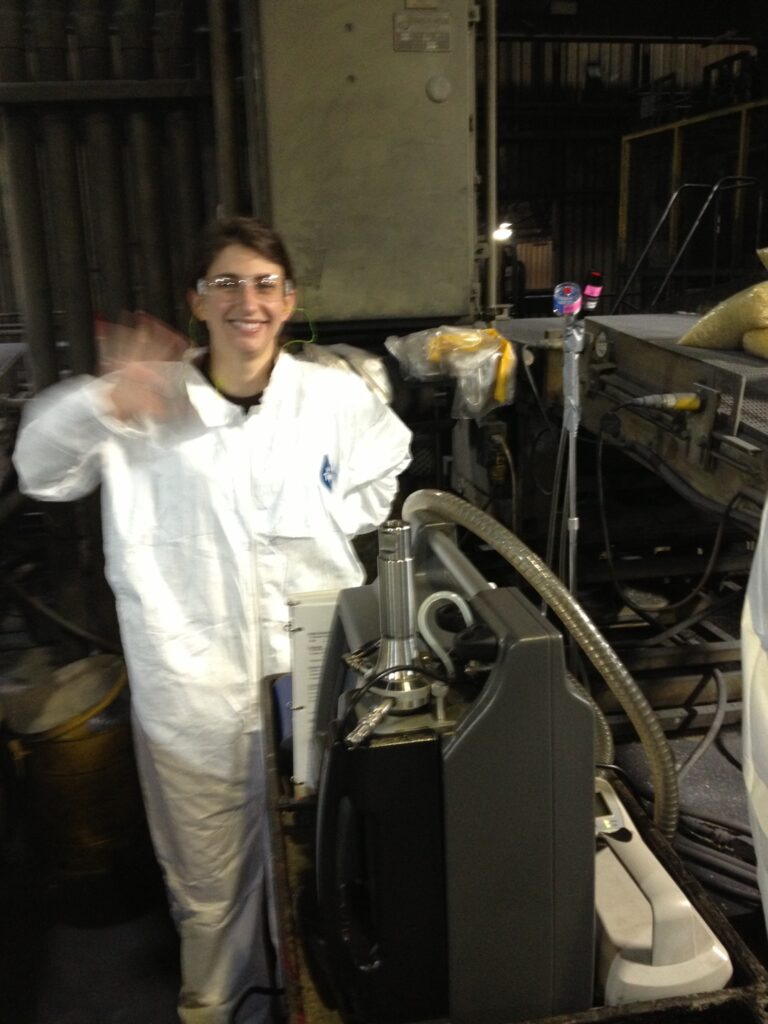
Consulting drew on my adaptability and interdisciplinary background. I provided toxic tort litigation and industrial hygiene support for shipping, manufacturing, medical device, and food processing enterprises. Frequently, I would be assigned to a client where I had zero background with only weeks to build my expertise. Reviewing the literature and applying my newly developed proficiency to a problem.
For my consulting projects, I had to clearly communicate my scientific findings to non-science experts making decisions from the factory floor to the C-suite. While I enjoyed the fast-paced and multidisciplinary aspects of consulting, I deeply missed research and took a research specialist position at the University of Pittsburgh.
Throughout my education and career I have always had outside work where I became more adept at handling the unexpected. I’ve worked in every kind of food service you can imagine from agriculture to fast food to bartending. I’ve cleaned hotel rooms from 11pm to 7am so I could do a research internship during the day. I’ve taught fitness classes, guided distillery tours, and renovated houses.
Each of these seemingly disconnected jobs developed skills directly transferable to science. I’m immensely versatile and skilled at addressing unanticipated situations. I can fix just about anything in the lab, have a fierce determination, and forge positive social relations with folks from all walks of life. With experience in so many diverse industries I deeply value the tremendous privilege of pursuing science as a career.
University of Pittsburgh
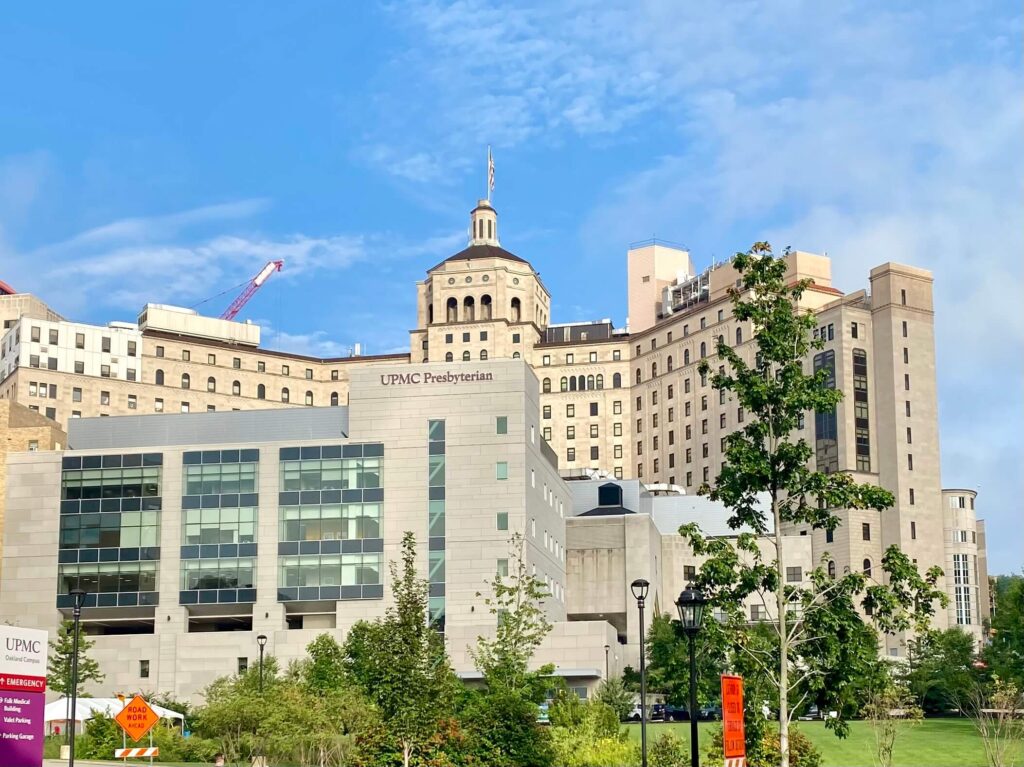
I took a research specialist position in an HIV-1 laboratory at the University of Pittsburgh because I did not have a mentor or role model for a scientific career. I wanted to develop my technical skills, return to pathogen research, and gain experience to help me decide if I wanted to further my education with a PhD.
After my first year, I was confident about pursuing science as a vocation and took graduate classes in microbiology, virology, and immunology with my staff benefits in preparation for resuming full-time study. In addition to developing my academic and technical proficiency, I trained graduate students, collaborated with overseas academic investigators, worked with pharmaceutical companies, and with my laboratory copyrighted iSCA v. 2.0. Furthermore, I published and presented a significant amount of independent research. After more than four years, I was extremely excited and more than prepared to begin pursuing my PhD at Carnegie Mellon University.
During my time working with HIV-1, I volunteered with AIDS Free Pittsburgh assisting with their education and study recruitment efforts. I gained an incredible amount of insight from listening to the narratives of our queer elders. For example, people living with HIV can experience recurrent oropharyngeal candidiasis infections which are normally treated with azoles. Some of the men I spoke with nicknamed this class of drugs “Shake n’ Bake” because the side effects of fever and tremors are so miserably severe. These narratives motivate my current thesis research on Candida albicans. How many scientists work on finding novel antifungal targets that could improve the lives of people they know?
Carnegie Mellon University - Grad School Round 2
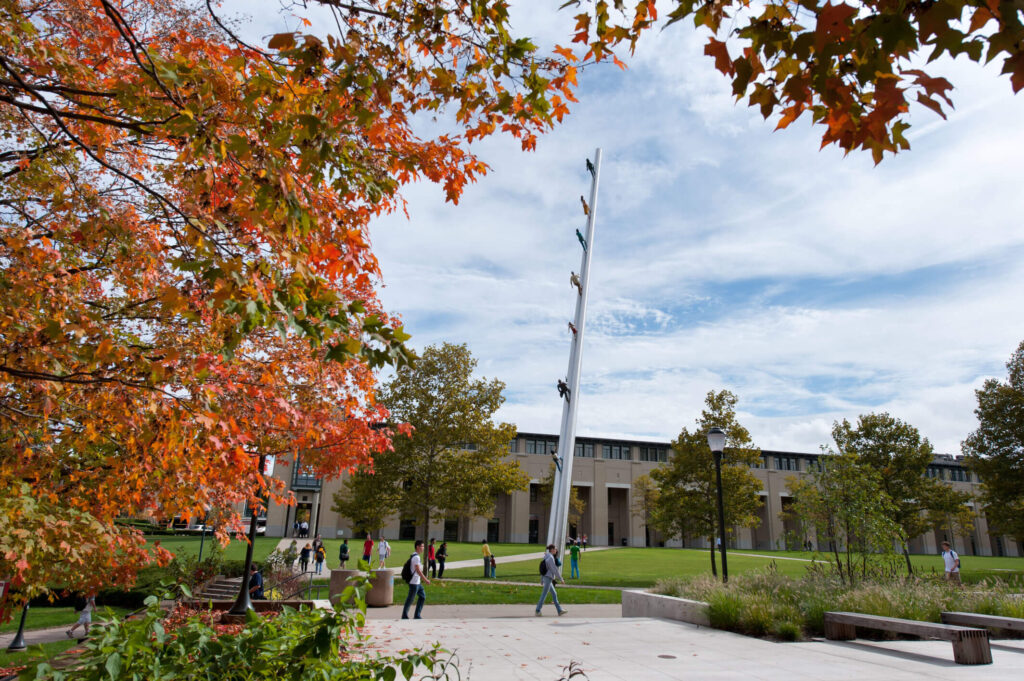
In the fall of 2019 I joined the Biological Sciences PhD program at Carnegie Mellon. This program was ideal for me because I wanted to pursue wildly creative, bleeding-edge research and still feel supported as a non-traditional student. Compared to the other programs; CMU had the most exciting research and the most diverse cohort of PhD students and faculty.
After completing my rotations, I chose to pursue my thesis research in the McManus lab. I was completely blown away by their innovative, bold work on translational control and thrilled that I could continue working with pathogens. Facing seemingly insurmountable challenges in my career, I feel extremely privileged to be a member of such a talented, committed, and supportive team.
I believe PhD-level researchers are responsible for fostering the next generation of scientists and have mentored undergraduates about working in industry and the PhD application process. As a mentor, I strive to cultivate a supportive environment facilitating innovation.
Resilience has been a common theme throughout my career. Setbacks become opportunities with the right frame of mind. Like most of us, COVID-19 disrupted my research, keeping me from physically working in the laboratory for nearly 6 months. In that time, I gained proficiency in Unix, Python, and R for bioinformatics applications. Next generation sequencing technology has revolutionized biology from a data poor to a data rich field; compelling researchers to cultivate new skills at an unprecedented rate. Trainees need to feel secure enough to step out of their comfort zone and take that risk.
I have TA-ed for Modern Biology, Advanced Developmental Biology and Human Health, as well as Ecology and Environmental Science . It’s thrilling to watch a student work through a concept and suddenly grasp it. I love the “ah-ha!” moment. Currently, I am mentoring an URM undergraduate student with her independent research. I didn’t always have a mentor, therefore helping others blaze their own research path is an imperative.
Given my experiences as a non-traditional/first-generation graduate student, I’m dedicated to improving diversity and inclusion in academia by advocating for material support for students. The Department of Biological Sciences at Carnegie Mellon University has been forward thinking enough to waive application fees and GRE requirements which can pose significant barriers.
However, we can do even better for recruitment and retention of diverse students. I believe financial reforms would significantly diversify science. I’ve been advocating for a “start-up” grant for new PhD students covering relocation costs, a new computer, stocking the pantry or whatever else they need to begin their first term on the right foot. Additionally, most departments require graduate students to initially pay for conferences, travel, and other expenses only to be reimbursed many months later. This can be devastating to students living paycheck to paycheck. By simply restructuring their expense systems, departments can make more opportunities accessible to students. PhD programs are beginning to recognize the tremendous asset of a diverse and inclusive student body, but those intentions require follow through with decisive action.
In addition to mentoring undergraduates and advocating for graduate students, I’m extremely committed to scientific outreach for the general public. Science communication does not need to be formal. Chatting with strangers in a friendly manner presents an opportunity to share my enthusiasm for biology and smash stereotypes about scientists. We keep finding evidence for the power of “high-touch” one on one science conversations (and yes that means listening as much as speaking). I like to think of myself as “the scientist next door”, an approachable, trustworthy member of the community.
Unfortunately, most science communication relies on the public’s motivation to attend. Individuals participating in a research happy hour are already invested in science. It is possible to bring science engagement to someone who would never consider attending a lecture. For example, setting up an exciting demo booth at a festival or doing a set at an open mic comedy night would be great strategies for interacting with a new audience. Make someone laugh, make it fun, inspire a sense of wonder! Pittsburgh has several world-class research institutions. So, I’m always shocked when someone tells me I am the first scientist they ever have met!
Given current events, the scientific community no longer has the luxury of ignoring public outreach. An enthusiastic and informed populace ensures the survival of rigorous science in a climate of misinformation, fear, and demagoguery. In 2021, I participated in ComSciCon Michigan to continue developing my science communication and outreach skills. Look out! I’ve got all sorts of new tricks up my sleeve!
Just For Fun
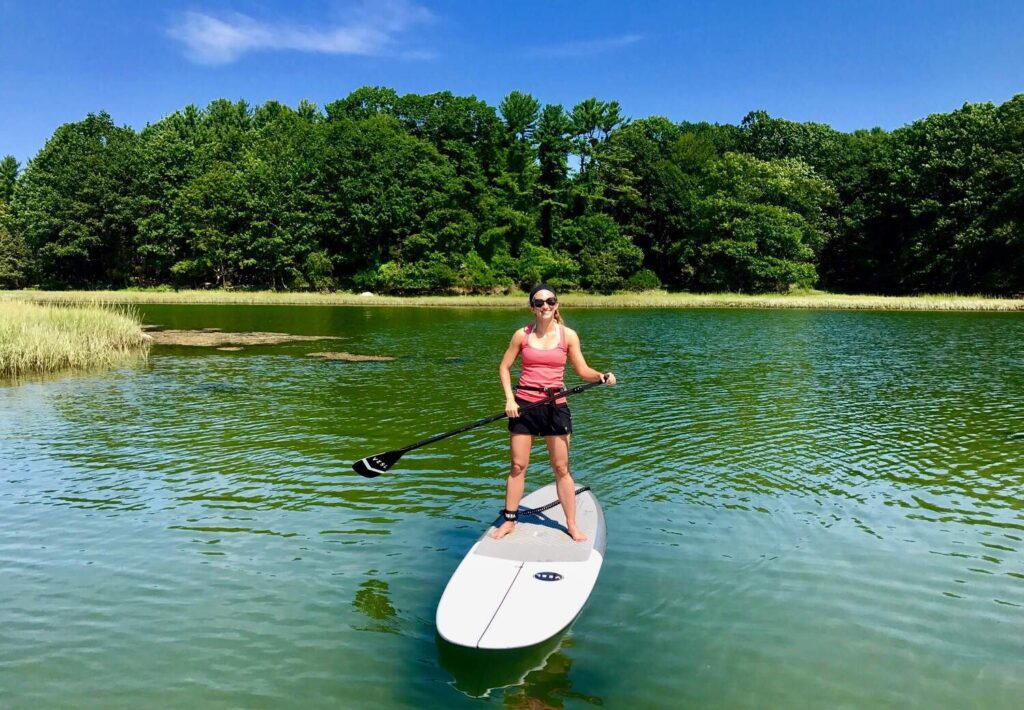
When I’m not in the lab you can find me spending time outdoors, training in the gym, and exploring all the amazing music and culture Pittsburgh has to offer. I like to take my lab skills home, cooking local, seasonal delights from the farmers market. A cup of tea, a graphic novel and my cat Sophie never fail to put a smile on my face.
Contact Me
If you’d like to know more about my journey in science, I’d love to chat with you!